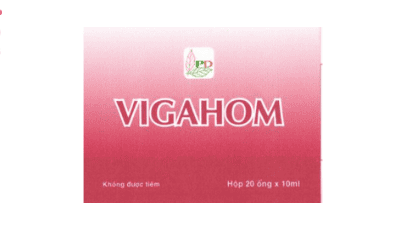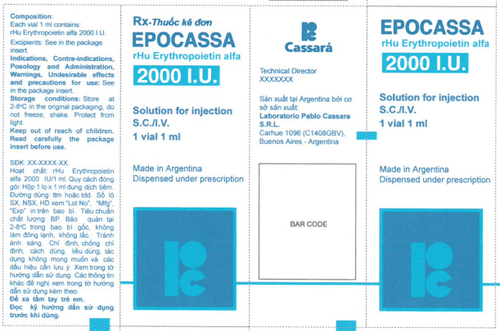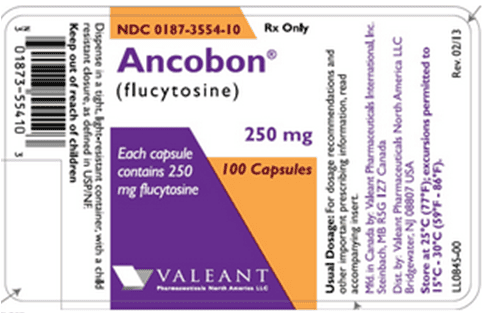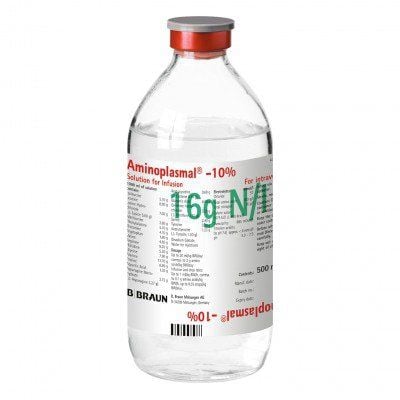This is an automatically translated article.
The article was written by Doctor Pham Do Ngoc Diep - Neonatology Department - Vinmec Times City International Hospital.Premature babies have underdeveloped lungs and underdeveloped immune systems, which are a contributing factor to an increased risk of RSV infection and cardiopulmonary complications.
1. Why are premature babies susceptible to RSV (Respiratory Syncytial Virus)
Premature birth is birth before 37 weeks of gestation and low birth weight is a baby born weighing less than 2500g. Newborns after birth will have the mother's immunity to immunoglobulin G (IgG) to protect the baby against some diseases when the baby is under 6 months of age breastfed. Because the immune system of a baby, especially in a premature baby, is not yet developed or has developed but is still poorly functioning.
Babies born less than 32 weeks gestation have significantly less IgG than babies born 32 weeks - 36. Furthermore, low IgG rapidly puts premature babies at increased risk of diseases.
On the other hand, RSV virus, also known as respiratory syncytial virus, is one of the leading causes of respiratory diseases in infants and especially in premature infants, causing bronchiolitis and pneumonia.
2. Treatment of RSV infection in premature infants
Because the agent is caused by a virus, antibiotics are not effective in this case. Currently there is no way to treat when the RSV virus enters the body, so for children with RSV infection can only treat the symptoms during the infection and the effect of the virus on the respiratory system. steam.
For the majority of cases, children infected with RSV in the early stages appear like a common cold, then the disease may progress but there are no serious complications, so care at home, when the child has more superinfection, More advanced disease requires examination and treatment in hospital.
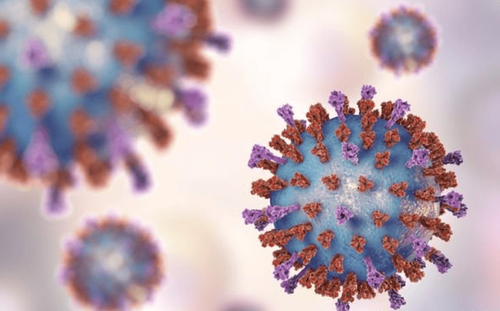
Treatment at home: Need to clear the nose to help the child breathe easier, feed better, can drop the nose with physiological saline 1-2 drops / side small 2 times / time, small when the child is a lot stuffy.
Need to breastfeed more than usual to avoid dehydration because lack of water will thicken sputum making the disease worse Need to take medicine according to the doctor's instructions such as antipyretic, non-aspirin, should not give the child to drink Medicines because improper use will make the disease worse. Avoid smoking. It is necessary to go to the doctor on time according to the doctor's instructions and re-examine immediately if the illness worsens but has not been scheduled, such as: fever, cough, difficulty breathing, take the child immediately. medical facility to get the right treatment..
Treatment at the hospital: when the child has severe signs such as the child is crying a lot, or stops feeding, has difficulty breathing, coughs a lot of yellow, green fluid... the child needs to be hospitalized for treatment such as: aspirate mucus from the nose and throat, provide respiratory support for the child if needed (oxygen, mechanical ventilation...) if the child has a bacterial superinfection, add antibiotics.
3. Measures against recurrence and infection
There is currently no vaccine against RSV. Therefore, to help prevent RSV infection for children, it is necessary to take the following measures:Wash your hands thoroughly every time you come in contact with children, especially when going out, going to crowded areas, playing places. There are many people, after coming into contact with someone with flu-like symptoms. If a parent or loved one is sick, they are absolutely not allowed to approach, hold the child or hug or kiss the child. Clean surfaces and tools that may be contaminated with pathogens. Do not let strangers come into contact with the child, especially do not kiss the child. Limit taking children to crowded, hot and lack of air places. When going out, you should keep warm and protect your child's upper respiratory tract. Can use 0.9% physiological saline drops into the eyes and nose for children after coming home from playing. Help children strengthen resistance: Breastfeeding children until 2 years old, do not let children get cold, keep the living environment of children fresh, do not let children come into contact with coal stove smoke, cigarette smoke. Fully vaccinated for caregivers, often in contact with children, siblings living in the same house.

There are currently two therapeutic approaches used to prevent RSV:
Immunoglobulin products to provide passive immunity against specific viral infections. Passive immunity by intravenous infusion of RSV-specific immunoglobulin (RSV-IGIV), is highly effective in reducing severity in high-risk pediatric patients. Palivizumab (1998), is a monoclonal antibody directed against the F protein. Respiratory syncytial virus immune globulin.. is used in high-risk children to prevent respiratory syncytial virus infection. It is common to only inject palivizumab once a month during peak RSV season (especially winter-spring). Palivizumab does not interact with other vaccines and does not cause allergies. However, due to the high cost and possible side effects such as cough, fever, redness, pain at the injection site, etc., the use of the drug is limited to children at particularly high risk of RSV infection. for example, premature babies, children with heart-lung disease or immunocompromised. Vinmec International General Hospital is one of the hospitals that not only ensures professional quality with a team of leading medical professionals, a system of modern equipment and technology. The hospital provides comprehensive and professional medical examination, consultation and treatment services, with a civilized, polite, safe and sterile medical examination and treatment space.
Please dial HOTLINE for more information or register for an appointment HERE. Download MyVinmec app to make appointments faster and to manage your bookings easily.





